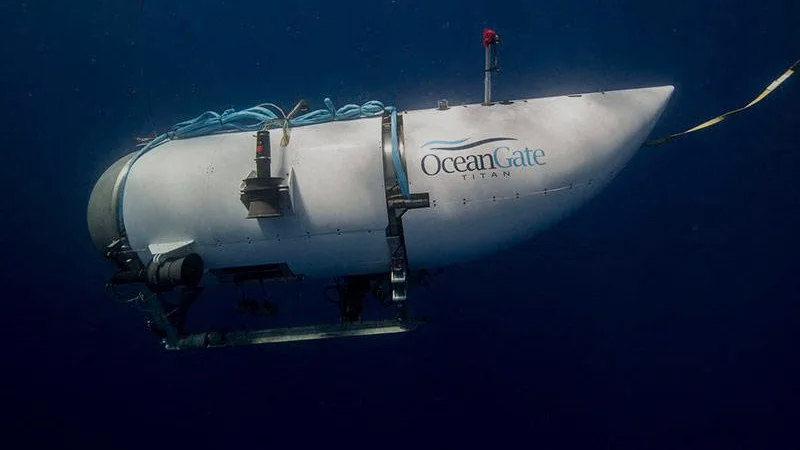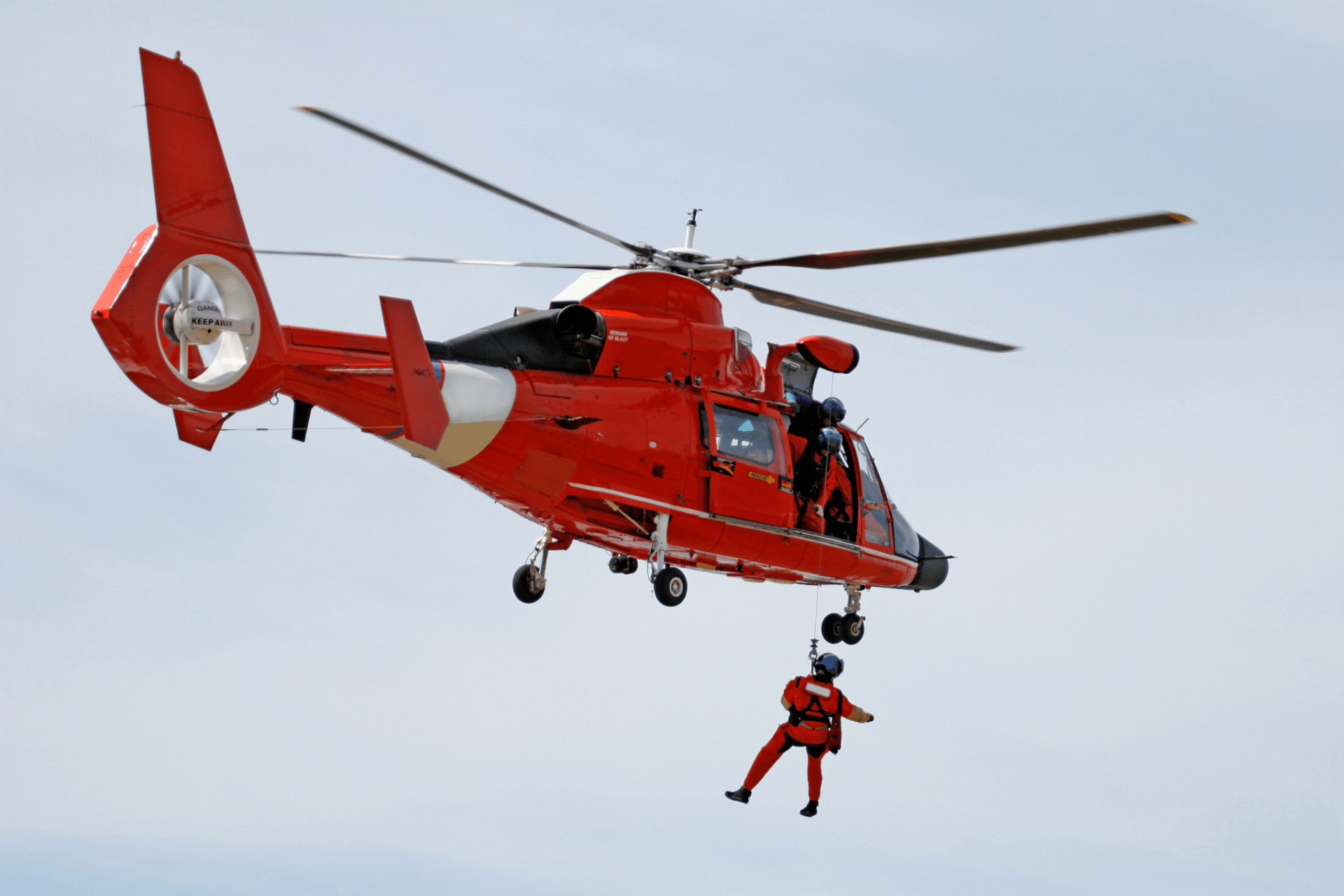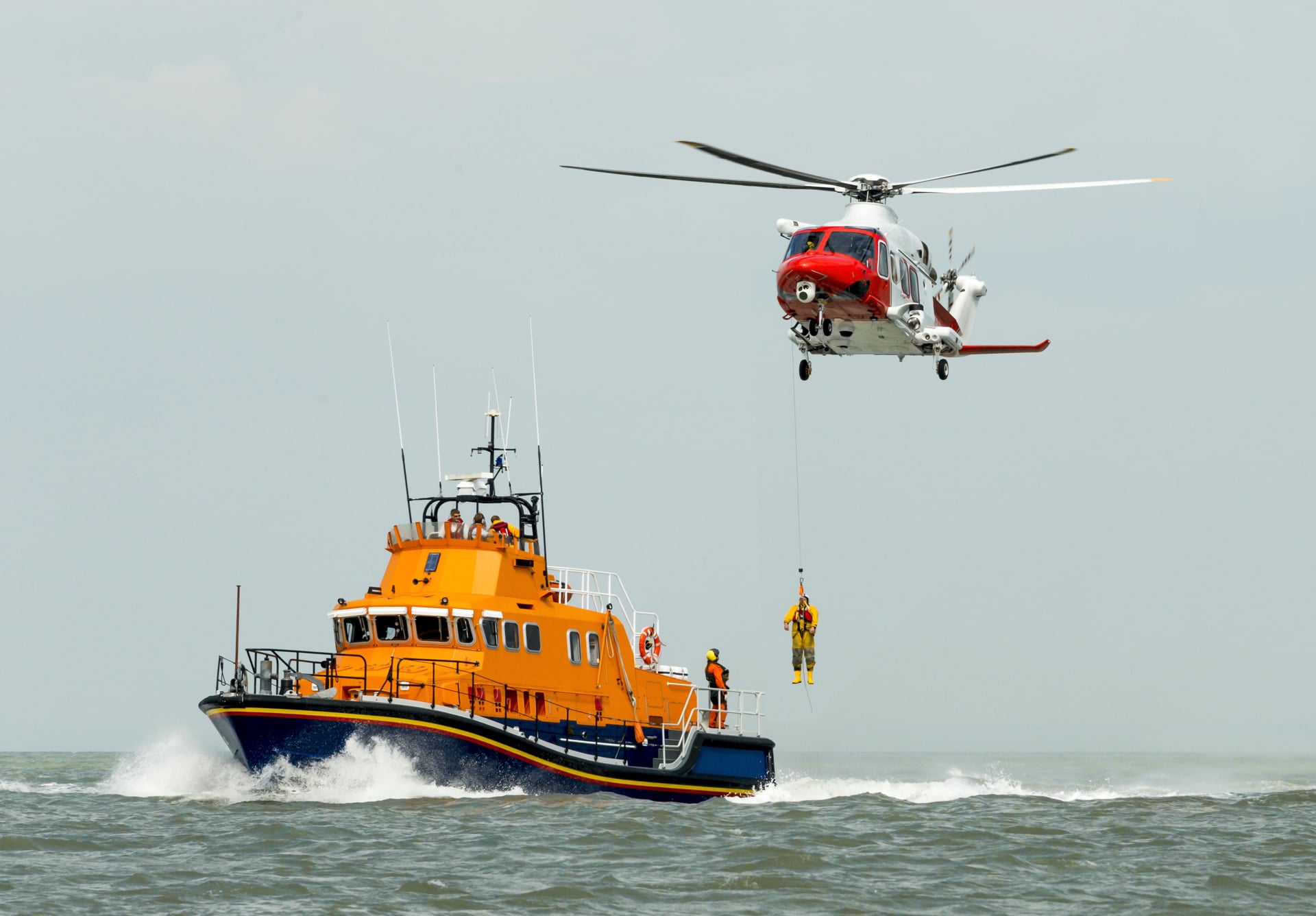The Humanitarian Crisis in the Mediterranean: An Overview of the Situation
Malta, a small island nation in the Mediterranean, is a key gateway to the European Union and therefore plays an important role in Search and Rescue (SAR) operations in the region. Despite its limited resources, Malta’s vast SAR region covers a significant part of the Mediterranean, including areas that are closer to Italian ports than to Malta itself.
Every year, thousands of migrants risk their lives crossing the Mediterranean Sea in search of a better life. Unfortunately, many of them end up stranded and in distress at sea, facing unimaginable hardships and dangers.
That’s why the United Nations Convention on the Law of the Sea has codified an unconditional obligation for all nations to assist those in distress at sea. This obligation to provide rescue services is further defined in the International Maritime Organization’s (IMO) Search and Rescue (SAR) Convention, which guarantees that search and rescue operations will be coordinated by SAR organizations in each region, anywhere around the world.
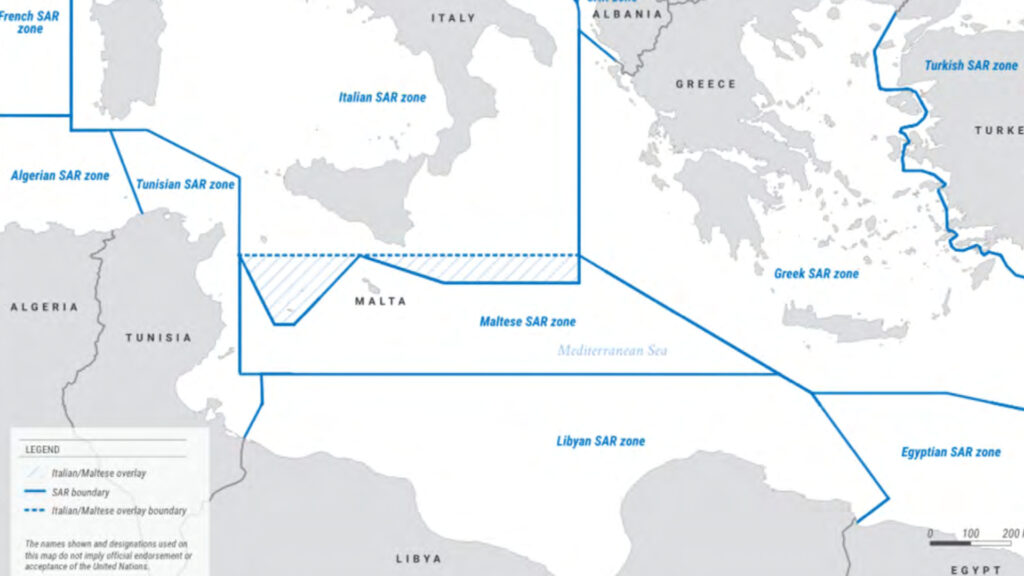
The Maltese SAR responsibility: A Matter of definition
The IMO has divided the world’s oceans into 13 Search and Rescue Areas. Each Area has such called designated SAR Regions (SRR) within. Malta, being located in middle of the Mediterranean Sea, has an extremely large SAR Region covering over 260,000 square kilometers, compared to its actual size. Within this SAR Region, Malta is committed to providing aid and assistance. However, if Malta becomes aware of a distress incident which has occurred beyond its SAR Region, Malta is obligated to take immediate action and notify the Rescue Coordination Center (RCC) responsible in that area.
While the SAR Convention requires nations to work together and ensure that shipmasters fulfilling their duties to rescue persons in distress, are freed from obligations with minimal deviation from their planned route. There is ongoing discussion regarding the RCCs with the obligation to provide a „place safety“ for people to disembark and receive assistance.
But why is this particular wording so important? This will become clear in a minute.
Let’s get some definitions straight!
If we would want to define the controversial term „Place of Safety“ – we’d have to be honest and say: there isn’t one.
Nonetheless the concept of a “place of safety” is a critical issue in search and rescue (SAR) operations at sea, particularly in cases involving migrants and refugees. The IMO SAR Convention, which governs such operations, does not provide a clear definition of this concept. It also does not specify which state is responsible for providing assistance in a given situation.
As an aid, the „Guidelines on the Treatment of Persons Rescued at Sea“ were adopted by the International Maritime Organization (IMO) to provide assistance on the interpretation of the obligations to render assistance at sea.
According to these guidelines, a place of safety is defined as “a location where rescue operations are considered to terminate. It is also a place where the survivors’ safety of life is no longer threatened and where their basic human needs (such as food, shelter, and medical needs) can be met.”
Some people believe that the obligation on the coastal state to allow disembarkation in their country is implicit in the SAR Convention. This means that a place of safety cannot be deemed „safe“ for refugees simply because the distress at sea has been prevented. Instead, a place is only considered safe when non-refoulement is guaranteed, meaning that those rescued will not be returned to a place where their life or freedom is threatened.
To make this very complicated sentence more literal let’s look at a simple theoretical example. Imagine having rescued persons in distress from a sinking ship in the middle of the pacific ocean. On route to your harbour of destination, there are several deserted islands, where you will disembark the the rescued persons on and then your vessel will continue on its merry way. Now, theoretically speaking the persons are no longer in distress, because they are no longer in danger of drowning. However, would you consider this deserted island to be a „place of safety“? Leaving them without water, food, medical care or transportation to freely leave the island you disembarked them on. Would you leave them there anyways? Probably not.

This example could be translated to the situation of Libya, though it must be stated that the situation is way more complex than that of an deserted island. Despite the adoption of the IMO guidelines, the principles of disembarkation have not been successfully incorporated into the SAR Convention, leading to confusion and disagreements between coastal states regarding their obligations to provide a place of safety and allow disembarkation.
The Malta-Italy Diplomatic Clash: the Disembarkation Dispute
One topic which has been repeated over and over again in the media is the ongoing diplomatic clash between Malta and Italy over rescue operations and disembarkation of migrants rescued at sea. While Malta is bound to ensure the disembarkation of persons rescued within its SAR region at the nearest safe port. Italy’s understanding of disembarkation in the SAR regime is that it should occur in the state responsible for the SAR region.
This has led to constant disputes over which state is responsible for rescue operations and disembarkation, particularly in cases where persons are rescued within Malta’s SAR region but are closer to Italy.
Moreover, Malta did not agree to the 2004 guidelines on maritime search and rescue, which were designed to provide a framework for coordinated SAR operations and to promote the swift disembarkation of rescued persons. They would have made Malta responsible for nearly every SAR operation in the region. Additionally, Malta also did not agree to the Guidelines on the Treatment of Persons Rescued at Sea, despite the fact that they are intended to provide guidance on how to handle rescued persons, including where to disembark them.
To put this into perspective. A distress occurs in the Search and Rescue Region (SRR) of Malta, but the incident location is closer to Lampedusa. It would be Maltas opinion, that because the distress is in their SRR, it it their obligation to ensure that they are rescued, but the rescued persons should then be disembarked at the nearest safe port – meaning Lampedusa. In comparison, it is Italys opinion that since the distress has occurred in the maltesean search and rescue region, they should both coordinate as well as provide the port of disembarkation – in Malta.
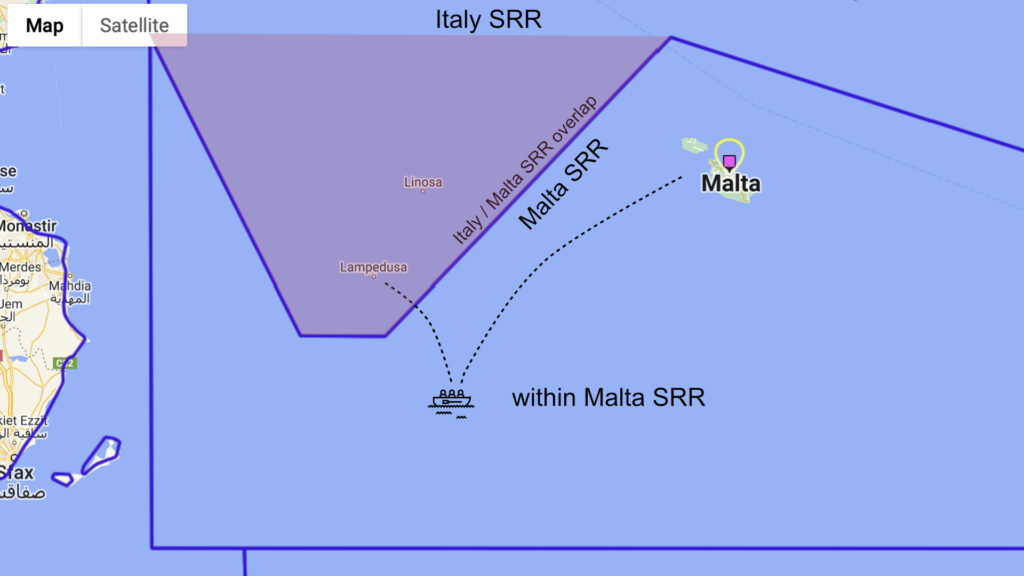
Malta at the crossroads: Seeking Solutions for Disembarkation Challenges
To address these challenges, Malta has signed a Memorandum of Understanding (MoU) with Libya to coordinate and support each other in SAR operations within their respective regions. This includes joint training, exchange of visits, and periodic meetings to ensure continued cooperation. However, the armed conflict in Libya has put the MoU on hold, raising questions about whether Libya can be considered a „place of safety“ for the purpose of disembarkation following interception at sea. The United Nations High Commissioner for Refugees (UNHCR) has deemed Libya unsafe for such purposes, citing the country’s volatility and human rights violations. This has led to various diplomatic disputes over the past few years, with ships carrying rescued migrants being denied entry into ports and stranded at sea.
The lack of agreement on what constitutes a “place of safety” and the primary responsibility of the state responsible for the SAR region has made the situation more dependent on political goodwill. While the SAR Convention only requires states to coordinate SAR services in their own areas of responsibility, failure to cooperate may be criticized but is difficult to prosecute without specific domestic legislation. The International Maritime Organization (IMO) has provided guidance on SAR operations, but the issue of finding a quick solution to the influx of migrants in the Central Mediterranean route remains unresolved.
Malta’s unique location and strategic partnerships with neighboring countries demonstrate its commitment to ensuring a safe and secure Mediterranean for all. However, the issue of where rescued individuals can be disembarked under the current legal framework remains a major challenge for SAR operations in the region.
At a Standstill: The Maritime Law's Role in Addressing the Crisis Exhausted
The ratification of the 2004 Amendments to the SAR Convention by Malta would be a major achievement as most of the coastal States of the Mediterranean basin would speak the same „language“. Implementing the amendments would ensure that the obligation of the master to render assistance is complemented by a corresponding obligation to cooperate in rescue situations, thereby relieving the master of the responsibility to care for survivors, and allowing individuals who are rescued at sea in such circumstances to be delivered promptly to a place of safety- which ever that may be. In addition, the follow-up of the Guidelines and the Principles would clarify the implications of the notion of a place of safety.
The purpose of any rescue operation is to save lives, and survivors should not be taken to a place where they might be subject to further risks or persecution. Choosing a place of safety should not have to be up to a captain and their crew, but rather the responsibility of a state. Overall, the issue of finding a place of safety for rescued individuals at sea is complex and requires cooperation and coordination between multiple States. The ratification of the 2004 Amendments to the SAR Convention by more coastal States in the Mediterranean basin would be a step in the right direction, but there is still much work to be done to ensure the safety and protection of those rescued at sea.
I hope this gave you a good overall understanding of how complex the situation in the Mediterranean actually is.


